Gender, Sexuality & Women's Studies

Housed in the School of Arts & Sciences, the Gender, Sexuality & Women's Studies program (GSWS) facilitates critical campus-wide curricular and co-curricular examinations of gender and sexuality. Our motivating goal is to encourage students, faculty and staff to interrogate interlocking systems of oppression, including racism, sexism, homophobia, transphobia, classism, ethnocentrism and colonialism, to learn about their impact on campus and around the world and to practice resisting them.
Along with deploying a diverse set of feminist pedagogies, research methodologies and campus conversations, GSWS supports a curriculum that addresses topics such as histories of gender activism, gender, sexuality and their relationships to the law, religion, reproduction and reproductive technologies, marriage and relationships, war and violence, popular culture, literature, labor and the workplace, technology, social media, mental health, globalization and transnational experiences.
For more information, contact GSWS Co-Directors Lindsay Davis and Rebecca Moody.
Interested in Gender, Sexuality & Women's Studies?
Check out our 2025-2026 course offerings.
|
A-Term |
B-Term |
C-Term |
D-Term |
|
HU 1500: Introduction to Gender, Sexuality & Women's Studies |
HU 2502: Global Feminisms |
HU 2501: STEM-inism |
HU 1500: Introduction to GSWS |
|
HU 250X: Women in Chinese Fiction & Film |
BME 4301: Design from the Margins |
HU 2501: STEM-inism |
HU 2901: Topics in Sexuality & LGBTQ+ Studies: Hijab Butch Blues |
|
HI 2318: Race, Gender & the Law |
MU 2201: Sounds of Social Justice |
RE 3721: (Gender) Jihad |
HU 2901: Topics in Sexuality & LGBTQ+ Studies: Feminist, Queer, Crip |
|
HI 2900: Women & Communism |
TH 3200: Queer Theatre |
MU 3202: Music, Gender & Power |
HI 3312: Love & Marriage |
GSWS Program Information
Core GSWS courses include:
- HU 1500: Introduction to Gender, Sexuality & Women’s Studies (A25 and D26)
- HU 2501: STEM-inism (C26)
- HU 2502: Global Feminisms (B25)
- HU 2901: Topics in Sexuality and LGBTQ+ Studies (2 sections in D26)
- HU 3500: Feminist & Queer Theory (C26)
Inquiry Seminars that count toward a GSWS HUA requirement include:
- HU 3900: History through Film (A25)
- HU 3900: Power of Manifestos (B25)
- HU 3900: Sex, Gender, and Joe Rogan (B25)
- HU 3900: European Social Histories of Gender & Disability (C26)
- HU 3900: Queer Cinema (C26)
- HU 3900: Queerly Religious (C26)
- HU 3900: Feminist Killjoys (D26)
Additional courses that can count toward GSWS requirements include:
A=term 2025:
- HI 2381: Topics, in Law, Justice & Society: Race, Gender & the Law
- HI 2900: Gender & History: Women & Communism
- HU 250X: Women in Chinese Fiction and Film
- SP 3533: Ecocrítica: Environmental Cultural Production in Latin America
B-term 2025:
- BME 4301: Biomedical Capstone: Design from the Margins
- MU 2201: Sounds of Social Justice
- PSY 3407: Psychology of Gender
- PY/RE 2721: Religion & Culture: Ways of the Flesh
- PY/RE 2716: Gender, Race & Class
- TH 3200: Special Topics in Dramatic Literature: Queer Theatre
C-term 2026:
- PY/RE 3721: Topics in Religion: (Gender) Jihad
- MU 3202: Music, Gender, and Power
D-term 2026:
- HI 3312: Topics in US Social History: Love and Marriage
- SP 3529 Caribbeanness: Voices of the Spanish Caribbean
Minor in Gender, Sexuality & Women's Studies
Find out about the courses required to minor in Gender, Sexuality & Women's Studies
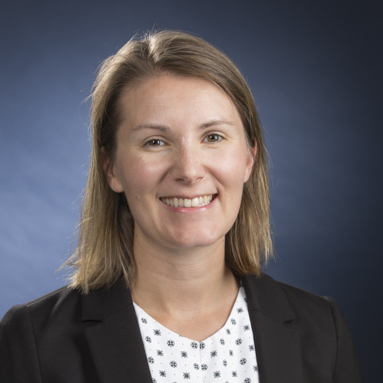
I am a broadly trained interdisciplinary scholar of 19th and 20th American history and critical feminist studies. Along with Dr. Rebecca Moody, I serve as the co-founder and co-director of the Gender, Sexuality & Women's Studies (GSWS) program. My scholarly and pedagogical interests vary widely, ranging from reproductive justice to sexual harassment law to the intersection of feminist theory and STEM.

My research centers around religion in North Africa and the Middle East with a focus on Islam; I approach the study of Islam through its representation in visual culture. My first book project, an outgrowth of my dissertation, focuses on recent fiction film by Moroccan women filmmakers as oblique forms of resistance to dominant narratives about Muslim women. My research tends to be very interdisciplinary: I draw on religion, cultural studies, feminist theory, film theory and affect theory.
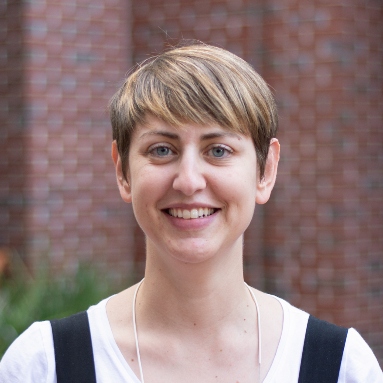
I am an applied mathematician working in the fields of small-scale fluid mechanics and microfluidics. My research includes both mathematical modeling and physical experiments. In particular, I am interested in particle and solute transport in small-scale systems, such as municipal water filtration facilities. I am the PI of the FMNTS Lab - Small-scale Fluid Mechanics and Transport Lab hosted at LEAP.
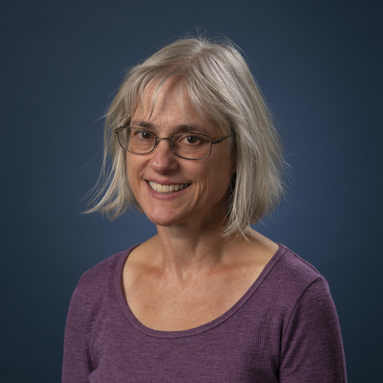
My research interests include literature and culture, humanities and STEM integration, and engineering education. These areas are unified by broad concerns for justice, inclusion, and social progress. My literary scholarship considers the ways literature helps to advance social progress and justice. My educational scholarship is aimed at advancing more inclusive, fair, and effective education for all people.
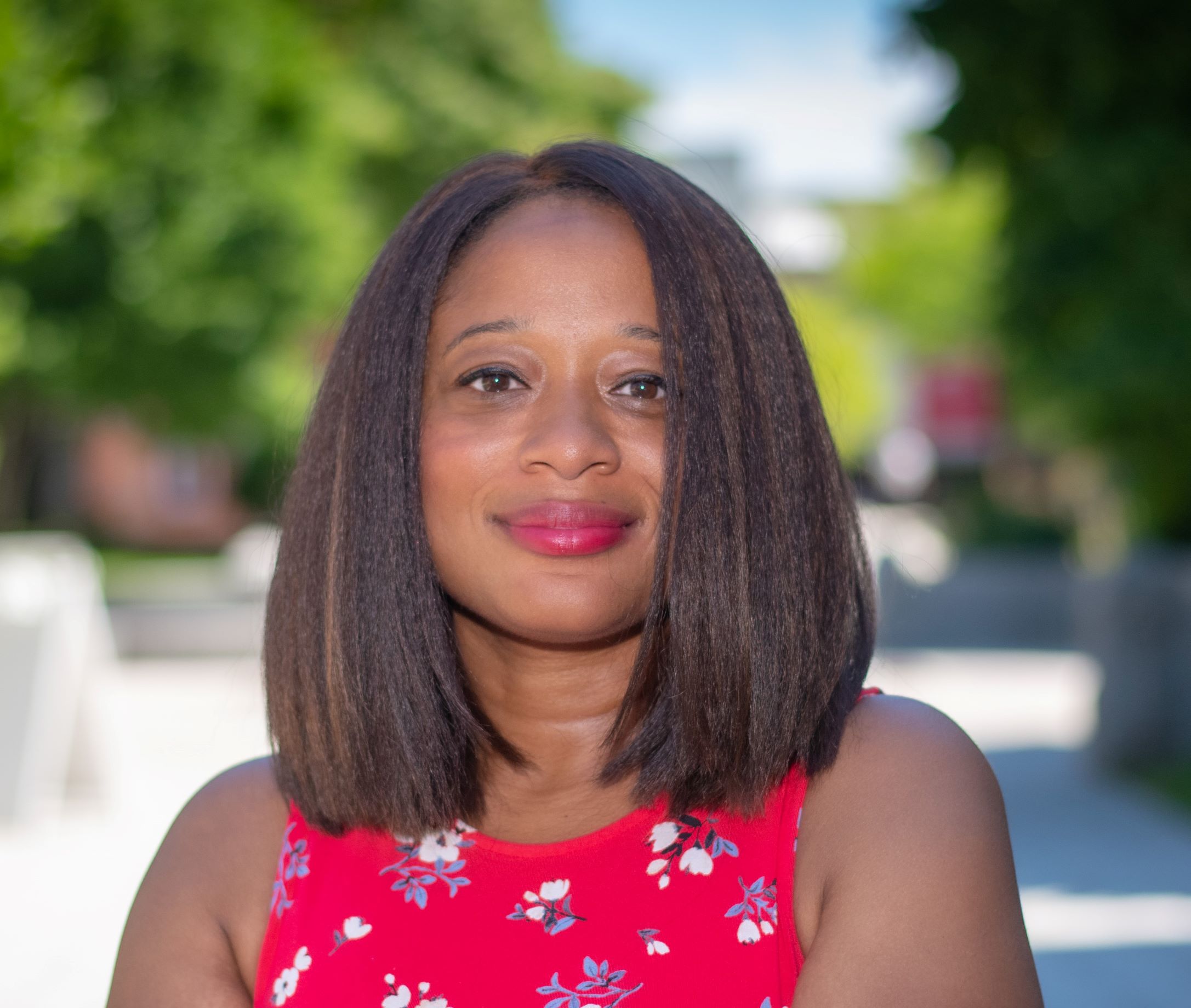
Dr. Crystal Brown earned her Ph.D. in Political Science from the University of Oregon in Comparative Politics, International Relations, and Public Administration. She also has a Master of Public Administration (MPA) from Pennsylvania State University and a certificate in Data Analytics from Harvard University.
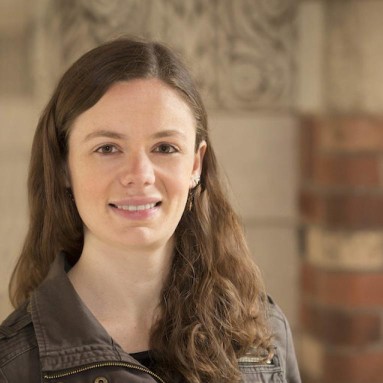
Lucy Caplan is an interdisciplinary historian of music, race, and culture in the United States. Her research and teaching interests include African American music, opera and musical theater, and cultural criticism. At present, she is writing a book about how early-twentieth-century African Americans redefined the genre of opera as a wellspring of antiracist activism, collective sociality, and aesthetic innovation. In conjunction with her academic work, Prof.
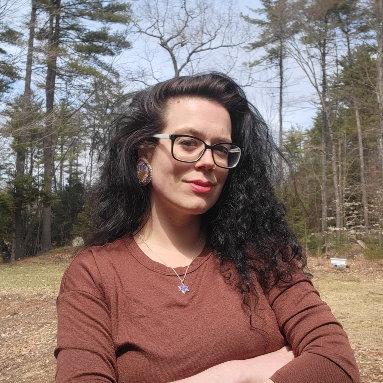
Zoë Antoinette Eddy (she/her/hers) is a researcher, educator, and advocate dedicated to re-imagining learning. She received her joint-PhD in social anthropology and archaeology from Harvard University (GSAS Class of 2019). She has taught in a range of disciplines, including gender studies, environmental studies, history of science, literature, and critical media studies.
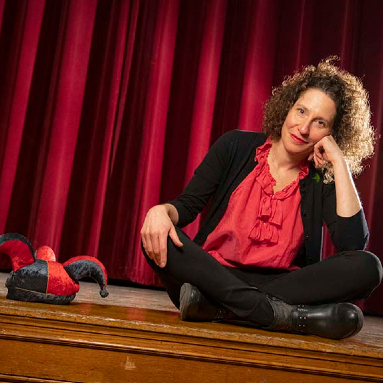
Michelle Ephraim is a Shakespeare scholar and a Professor of English. Her book GREEN WORLD: A Tragicomic Memoir of Love and Shakespeare was awarded the 2023 Juniper Prize in Creative Nonfiction by the University of Massachusetts Press and was published by them in 2024.
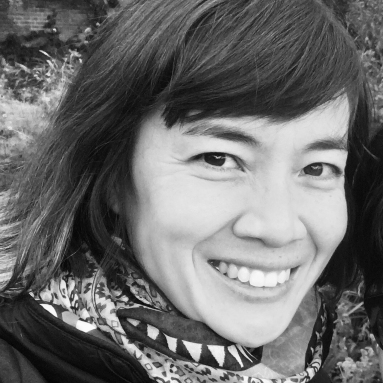
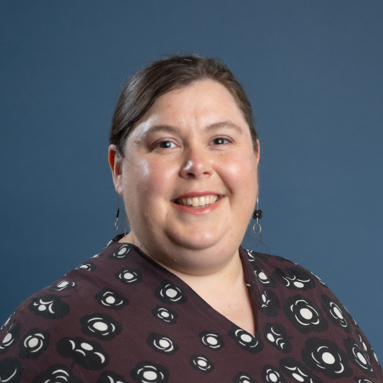
Emily Gioielli is a historian of modern European history, with a special focus on Central and Eastern European history, the history of gender and sexuality, and the history of violence. I am currently finishing a social history that traces women's involvement and the role of gender in the social and political revolutions that took place in Hungary during the long World War One period.
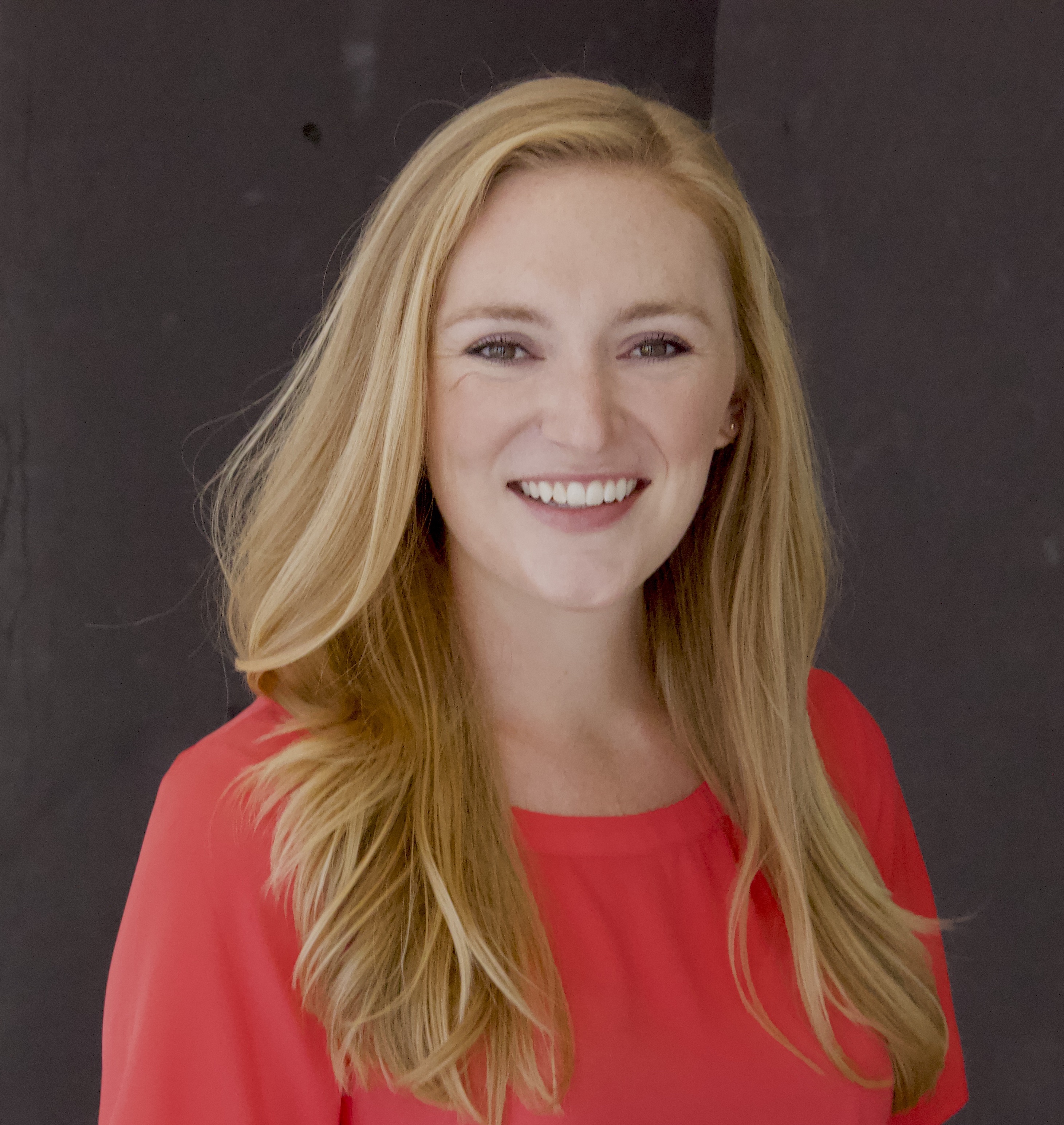
Sarah Lucie earned her PhD in Theater and Performance from The Graduate Center, City University of New York, and MA in Performance Studies from New York University. Her research approaches contemporary performance and digital art through new materialism, ecocritical theory, and posthumanism. Her current book project, Acting Objects: Staging New Materialism, Posthumanism and the Ecocritical Crisis in Contemporary Performance, explores the critical eco-conscious potential of the human–non-human relationships on the contemporary stage.
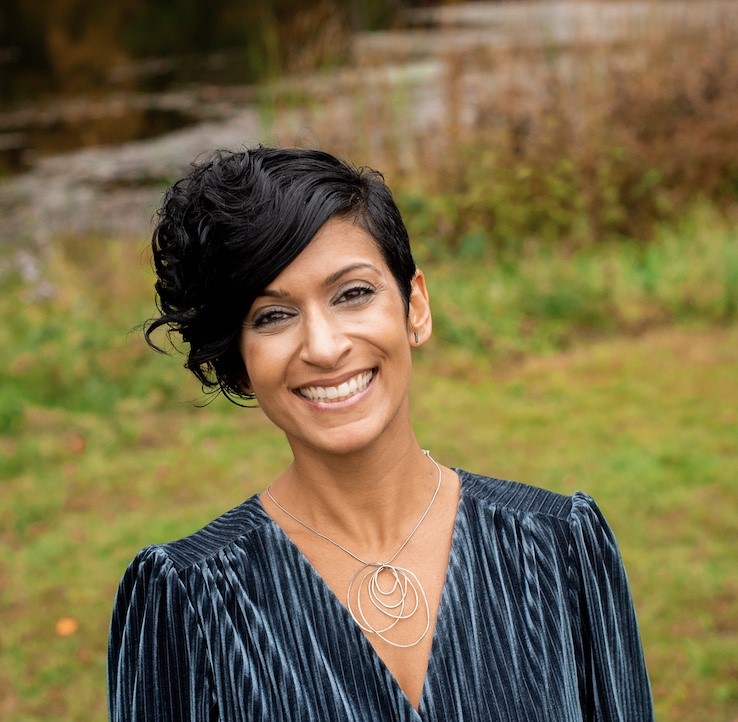
Professor Masvawure is a medical anthropologist, global health researcher and feminist scholar, whose research focuses on issues of gender, sexuality and health. She has a primary interest in the HIV pandemic and has done research on HIV prevention and treatment in Africa. She is a faculty member in WPI’s master of science in Global Health degree program. Masvawure’s active research projects currently include: a storytelling project to document the history of AIDS Project Worcester, the oldest AIDS service organization in central Massachusetts; a project to promote racial equity at a community health center in Worcester; and a project on menstrual wellbeing on college campuses. Masvawure can speak about her areas of research interest in HIV, menstruation, menopause, and the need to re-imagine the U.S. and wealthier countries as sites for global health intervention.
Dr. McIntyre’s research interests include writing fiction and creative nonfiction, collaborative writing, narrative theory, literary magazine publishing, the contemporary novel, the intersection of literary and genre fiction, and the gothic. Her short story collection, Mad Prairie, was selected by Roxane Gay as the winner of the Flannery O'Connor Award and is out now from University of Georgia Press.
My areas of interest and enthusiasm lie in biomaterial fabrication and tissue engineering. Bringing this enthusiasm to the classroom is easy with WPI’s focus on undergraduate education and project-based learning. My goal as an instructor is to lead students to higher levels of thinking and understanding by slowly increasing the depth of the course to engage more complex learning behaviors.
Jeanine Skorinko is a professor of psychology at Worcester Polytechnic Institute in the Department of Social Science and Policy Studies. She also is the director of the Psychological & Cognitive Science program. She received her PhD in social psychology at the University of Virginia.
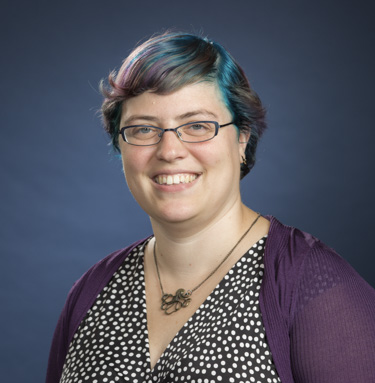
Professor Smith is an award-winning game designer. Her interdisciplinary work merges technical research in AI and HCI with creative practice in textiles and games, with a view towards addressing social issues and broadening participation and perspectives on computing.

I am a broadly trained interdisciplinary scholar of 19th and 20th American history and critical feminist studies. Along with Dr. Rebecca Moody, I serve as the co-founder and co-director of the Gender, Sexuality & Women's Studies (GSWS) program. My scholarly and pedagogical interests vary widely, ranging from reproductive justice to sexual harassment law to the intersection of feminist theory and STEM.

My research centers around religion in North Africa and the Middle East with a focus on Islam; I approach the study of Islam through its representation in visual culture. My first book project, an outgrowth of my dissertation, focuses on recent fiction film by Moroccan women filmmakers as oblique forms of resistance to dominant narratives about Muslim women. My research tends to be very interdisciplinary: I draw on religion, cultural studies, feminist theory, film theory and affect theory.

I am an applied mathematician working in the fields of small-scale fluid mechanics and microfluidics. My research includes both mathematical modeling and physical experiments. In particular, I am interested in particle and solute transport in small-scale systems, such as municipal water filtration facilities. I am the PI of the FMNTS Lab - Small-scale Fluid Mechanics and Transport Lab hosted at LEAP.

My research interests include literature and culture, humanities and STEM integration, and engineering education. These areas are unified by broad concerns for justice, inclusion, and social progress. My literary scholarship considers the ways literature helps to advance social progress and justice. My educational scholarship is aimed at advancing more inclusive, fair, and effective education for all people.

Dr. Crystal Brown earned her Ph.D. in Political Science from the University of Oregon in Comparative Politics, International Relations, and Public Administration. She also has a Master of Public Administration (MPA) from Pennsylvania State University and a certificate in Data Analytics from Harvard University.

Lucy Caplan is an interdisciplinary historian of music, race, and culture in the United States. Her research and teaching interests include African American music, opera and musical theater, and cultural criticism. At present, she is writing a book about how early-twentieth-century African Americans redefined the genre of opera as a wellspring of antiracist activism, collective sociality, and aesthetic innovation. In conjunction with her academic work, Prof.

Zoë Antoinette Eddy (she/her/hers) is a researcher, educator, and advocate dedicated to re-imagining learning. She received her joint-PhD in social anthropology and archaeology from Harvard University (GSAS Class of 2019). She has taught in a range of disciplines, including gender studies, environmental studies, history of science, literature, and critical media studies.

Michelle Ephraim is a Shakespeare scholar and a Professor of English. Her book GREEN WORLD: A Tragicomic Memoir of Love and Shakespeare was awarded the 2023 Juniper Prize in Creative Nonfiction by the University of Massachusetts Press and was published by them in 2024.


Emily Gioielli is a historian of modern European history, with a special focus on Central and Eastern European history, the history of gender and sexuality, and the history of violence. I am currently finishing a social history that traces women's involvement and the role of gender in the social and political revolutions that took place in Hungary during the long World War One period.

Sarah Lucie earned her PhD in Theater and Performance from The Graduate Center, City University of New York, and MA in Performance Studies from New York University. Her research approaches contemporary performance and digital art through new materialism, ecocritical theory, and posthumanism. Her current book project, Acting Objects: Staging New Materialism, Posthumanism and the Ecocritical Crisis in Contemporary Performance, explores the critical eco-conscious potential of the human–non-human relationships on the contemporary stage.

Professor Masvawure is a medical anthropologist, global health researcher and feminist scholar, whose research focuses on issues of gender, sexuality and health. She has a primary interest in the HIV pandemic and has done research on HIV prevention and treatment in Africa. She is a faculty member in WPI’s master of science in Global Health degree program. Masvawure’s active research projects currently include: a storytelling project to document the history of AIDS Project Worcester, the oldest AIDS service organization in central Massachusetts; a project to promote racial equity at a community health center in Worcester; and a project on menstrual wellbeing on college campuses. Masvawure can speak about her areas of research interest in HIV, menstruation, menopause, and the need to re-imagine the U.S. and wealthier countries as sites for global health intervention.
Dr. McIntyre’s research interests include writing fiction and creative nonfiction, collaborative writing, narrative theory, literary magazine publishing, the contemporary novel, the intersection of literary and genre fiction, and the gothic. Her short story collection, Mad Prairie, was selected by Roxane Gay as the winner of the Flannery O'Connor Award and is out now from University of Georgia Press.
My areas of interest and enthusiasm lie in biomaterial fabrication and tissue engineering. Bringing this enthusiasm to the classroom is easy with WPI’s focus on undergraduate education and project-based learning. My goal as an instructor is to lead students to higher levels of thinking and understanding by slowly increasing the depth of the course to engage more complex learning behaviors.
Jeanine Skorinko is a professor of psychology at Worcester Polytechnic Institute in the Department of Social Science and Policy Studies. She also is the director of the Psychological & Cognitive Science program. She received her PhD in social psychology at the University of Virginia.

Professor Smith is an award-winning game designer. Her interdisciplinary work merges technical research in AI and HCI with creative practice in textiles and games, with a view towards addressing social issues and broadening participation and perspectives on computing.